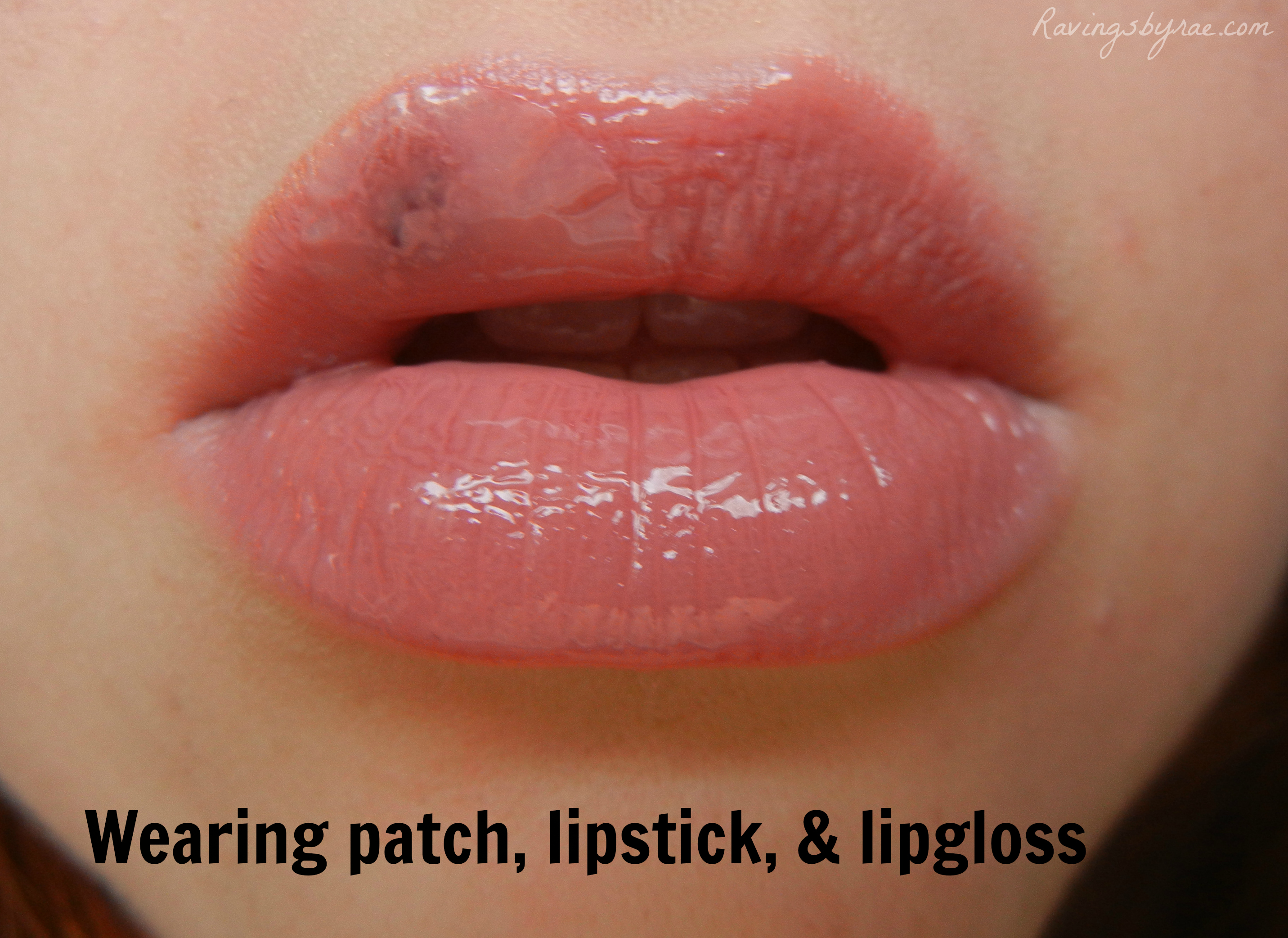Cold sores, also known as fever blisters, are a common viral infection caused by the herpes simplex virus (HSV). These small, painful blisters typically appear around the lips and mouth and can be both uncomfortable and unsightly. If you're wondering, "Should I pop my cold sore?" you're not alone. Many people are tempted to pop these sores in hopes of speeding up the healing process or reducing discomfort. However, this seemingly simple action can lead to complications that may worsen the condition. In this article, we will explore everything you need to know about cold sores, including why popping them is not recommended and how to properly care for them.
Cold sores are not just a cosmetic concern; they can also impact your overall health if not treated correctly. Understanding the risks associated with popping a cold sore is crucial for preventing further infection and promoting faster healing. By the end of this article, you will have a comprehensive understanding of cold sores, the potential dangers of popping them, and the best practices for managing and treating them effectively.
Whether you're dealing with your first cold sore or have experienced them before, this guide will provide you with expert advice and actionable tips to ensure proper care. Let's dive deeper into the topic and uncover why popping a cold sore is not the best course of action.
Read also:Is Edm Dead Exploring The Evolution And Future Of Electronic Dance Music
Table of Contents
What Are Cold Sores?
Cold sores are small, fluid-filled blisters that typically appear around the mouth or on the lips. They are caused by the herpes simplex virus (HSV), which has two main types: HSV-1 and HSV-2. While HSV-1 is primarily responsible for oral herpes (cold sores), HSV-2 is more commonly associated with genital herpes. Cold sores are highly contagious and can spread through direct contact, such as kissing or sharing utensils.
Once you contract the virus, it remains in your body for life. The virus lies dormant in the nerve cells and can reactivate under certain conditions, such as stress, illness, or exposure to sunlight. When this happens, cold sores may reappear. Understanding the nature of cold sores is essential for managing them effectively.
Why You Should Not Pop a Cold Sore
One of the most common questions people ask is, "Should I pop my cold sore?" The short answer is no. Popping a cold sore can lead to several complications that may worsen the condition. Cold sores contain fluid that harbors the herpes simplex virus, and breaking the blister can cause the virus to spread to other parts of your body or to other people.
Additionally, popping a cold sore increases the risk of secondary bacterial infections. When the blister is broken, the exposed skin becomes vulnerable to bacteria, which can lead to further irritation, swelling, and even scarring. Instead of speeding up the healing process, popping a cold sore can prolong it and make the sore more painful.
Risks of Popping a Cold Sore
Popping a cold sore comes with several risks that should not be ignored. Here are some of the most significant dangers:
- Viral Spread: The fluid inside a cold sore contains the herpes simplex virus. Popping the sore can cause the virus to spread to other areas of your face, such as your eyes or nose, or to other people through direct contact.
- Bacterial Infection: Breaking the skin of a cold sore creates an open wound, which is susceptible to bacterial infections. This can lead to increased pain, swelling, and delayed healing.
- Scarring: Popping a cold sore can damage the surrounding skin, increasing the likelihood of scarring. Scars from cold sores can be difficult to treat and may take weeks or even months to fade.
- Prolonged Healing: Instead of speeding up the healing process, popping a cold sore can actually delay it. The body needs time to heal the blister naturally, and interfering with this process can make it take longer.
How to Properly Care for a Cold Sore
Instead of popping a cold sore, there are several steps you can take to care for it properly and promote faster healing. Here are some expert-recommended tips:
Read also:Cathy White Mort Unveiling The Life And Legacy Of A Remarkable Figure
Keep the Area Clean
Wash the affected area gently with mild soap and water to prevent infection. Avoid using harsh chemicals or scrubbing the sore, as this can irritate the skin further.
Apply a Cold Compress
A cold compress can help reduce swelling and alleviate pain. Wrap an ice pack in a clean cloth and apply it to the cold sore for 10-15 minutes at a time.
Use Over-the-Counter Treatments
There are several over-the-counter creams and ointments available that can help reduce the duration and severity of cold sores. Look for products containing ingredients like docosanol or benzyl alcohol.
Treatment Options for Cold Sores
If you're dealing with frequent or severe cold sores, you may want to explore treatment options beyond home care. Here are some common treatments:
- Antiviral Medications: Prescription antiviral medications, such as acyclovir or valacyclovir, can help reduce the severity and duration of cold sores.
- Topical Creams: Over-the-counter creams containing antiviral agents can be applied directly to the sore to speed up healing.
- Pain Relief: Over-the-counter pain relievers, such as ibuprofen or acetaminophen, can help manage discomfort associated with cold sores.
Home Remedies for Cold Sores
In addition to medical treatments, there are several home remedies that may help soothe cold sores and promote healing:
- Aloe Vera: Aloe vera gel has anti-inflammatory properties that can help reduce swelling and promote healing.
- Lysine Supplements: Lysine is an amino acid that may help prevent cold sore outbreaks by inhibiting the herpes simplex virus.
- Honey: Applying raw honey to a cold sore may help reduce healing time and prevent infection.
Preventing Cold Sores
Prevention is key to managing cold sores effectively. Here are some tips to reduce your risk of outbreaks:
- Avoid Triggers: Identify and avoid triggers that cause cold sore outbreaks, such as stress, fatigue, or exposure to sunlight.
- Practice Good Hygiene: Wash your hands frequently and avoid touching your face to prevent the spread of the virus.
- Use Sunscreen: Protect your lips with a lip balm containing SPF to prevent sun-induced outbreaks.
When to See a Doctor
While most cold sores heal on their own within 1-2 weeks, there are certain situations where you should seek medical attention:
- Frequent Outbreaks: If you experience cold sores more than six times a year, consult a doctor for long-term management options.
- Severe Symptoms: If your cold sore is accompanied by severe pain, swelling, or fever, seek medical advice.
- Eye Involvement: If the virus spreads to your eyes, it can cause serious complications. See a doctor immediately if you notice any symptoms around your eyes.
Common Misconceptions About Cold Sores
There are several myths surrounding cold sores that can lead to confusion. Here are some common misconceptions and the truth behind them:
- Myth: Cold sores are caused by poor hygiene. Fact: Cold sores are caused by the herpes simplex virus, not hygiene practices.
- Myth: Popping a cold sore speeds up healing. Fact: Popping a cold sore can worsen the condition and delay healing.
- Myth: Cold sores are not contagious. Fact: Cold sores are highly contagious and can spread through direct contact.
Conclusion
Cold sores can be uncomfortable and frustrating, but understanding how to care for them properly is essential for promoting healing and preventing complications. Popping a cold sore is not recommended, as it can lead to viral spread, bacterial infections, and scarring. Instead, focus on keeping the area clean, using over-the-counter treatments, and practicing good hygiene to manage your cold sore effectively.
If you're dealing with frequent or severe outbreaks, don't hesitate to consult a healthcare professional for personalized advice and treatment options. Remember, prevention is key, so take steps to avoid triggers and protect your lips from sun exposure. By following these guidelines, you can minimize the impact of cold sores on your life and ensure faster recovery.
We hope this article has provided you with valuable insights into cold sore care. If you found this information helpful, please share it with others who may benefit. Leave a comment below to share your experiences or ask any questions you may have!

